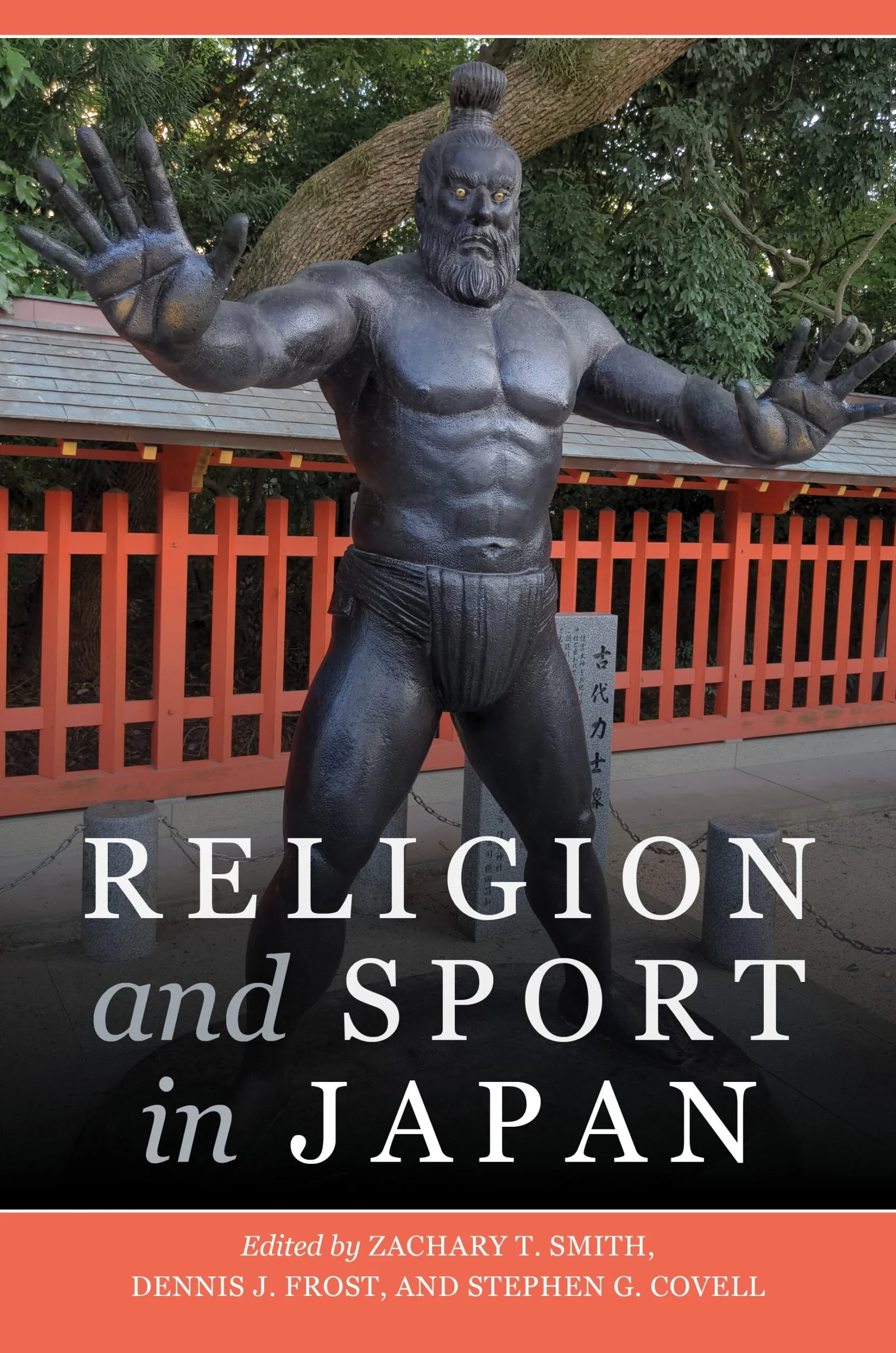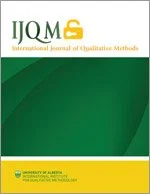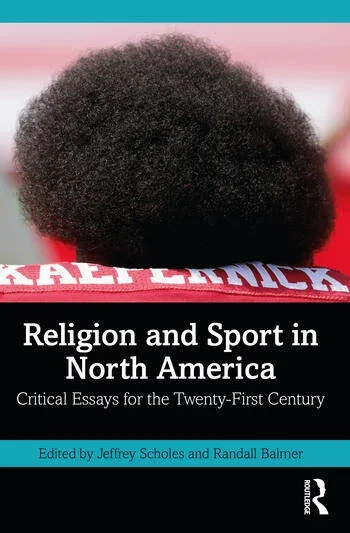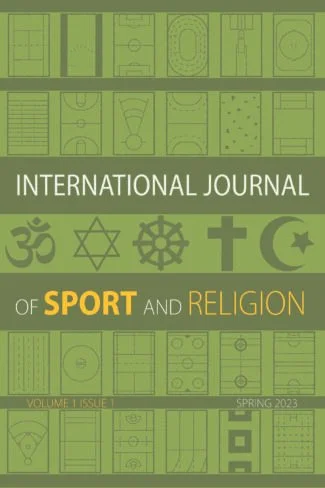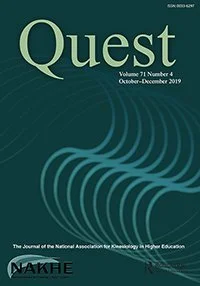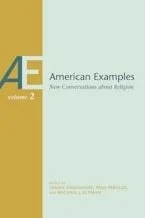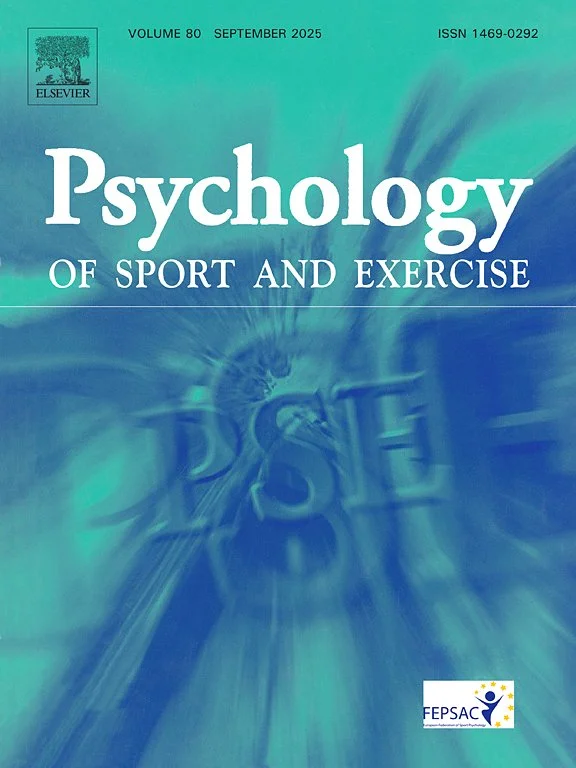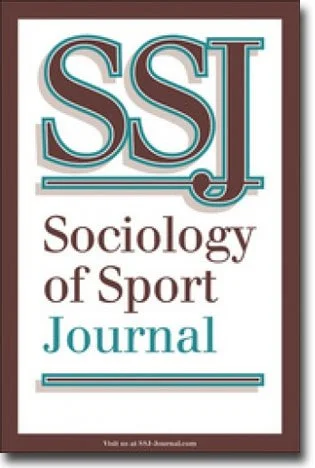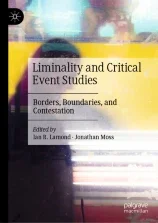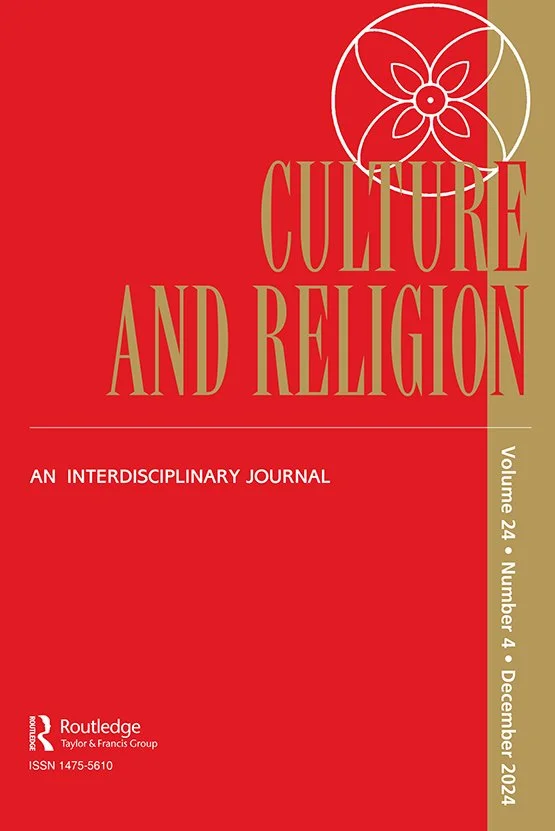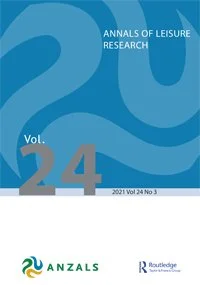Scholar.
Intro
I am a scholar of religion and physical culture with graduate degrees in religious studies and kinesiology/sport studies. I am working on a book titled Fight Church which examines the cultural politics of Christian combatives and fight sports ministries in the United States.
Research
My primary research agenda attends to the cultural politics that emerge at the nexus of two of the most powerful forms of culture: religion and sport. I have examined this nexus in a number of sites and settings. For example, my article “Colin Kaepernick, Tim Tebow, and the Magic of Comparison” published in Culture & Religion (with Sam Winemiller and Natalie Welch) looks at the ways that sport media uses muscular Christianity as a white racial framing mechanism, using journalism about Colin Kaepernick and Tim Tebow as a comparative case study. Also using popular culture and media as a starting point, my book chapter in Religion & Sport in North America investigates the Christian-white cultural imaginary undergirding the claim that the film 300 is “the greatest Christian film of all time” - a claim I first encountered on a Christian film review site, but that indexes a common reconstruction of Spartan masculinity as Christian-white masculinity by American evangelicals. Looking to higher education and sports management as another site, my article “Contemporary Muscular Christian Values as Culturalized Religion” in the International Journal of Sport and Religion (with Robin Hardin and Steven Waller) re-theorizes muscular Christianity as a form of “culturalized religion.” Here we use survey data collected from sport management students to think about the ways that muscular Christianity has become entrenched in American sports culture to such a degree that it no longer appears particularly Christian, and is embraced widely even among those who do not identify as Christian.
I also take the corpus of scholarly writing on sport/religion as a site of investigation. My article “Re-telling the Story So Far” in Quest examines the Christianized historiographies that mostly comprise scholarly descriptions of the field of “sport and spirituality,” while my article in Psychology of Sport and Exercise offers a critique of second-generation mindfulness based interventions as practices and discourses that reproduce fixed and essentializing constructions of culture, despite their claims to cultural authenticity. My chapter “Wrestling with Repugnance” for the American Examples project intervenes in conversations in the anthropology of Christianity and American evangelicalism to think about “cultural repugnance” as an affective disposition with political implications for the guild of scholars studying “religion in America.” Most recently, my article “Sporting the Sacred” in Sociology of Sport Journal offers a re-description of sport/religion scholarship, arguing that the way the sport/religion discourse has been constructed reifies these twinned sui generis categories as decidedly uncritical objects of study. The results are approaches to studying religion/sport that, while “tired” and “weary” continue to traffic in liberal modern political taxonomies. “Religion” thus described lacks analytic precision as a scholarly category while additionally abrogating the extent to which, as a scholarly taxonomy, it exists in relation to colonial epistemologies and structures and racial formations.
In addition to primary research on religion and physical culture I co-edited Religion and Sport in Japan with Stephen Covell and Dennis Frost, and am the “Bodies” section editor of the forthcoming Springer Encyclopedia of Religion and Popular Culture.
As a secondary line of research, I lend my expertise in qualitative research methods and social theory to colleagues’ research. In this capacity I published a solo authored article on post-qualitative ethnography in the International Journal of Qualitative Methods and have contributed as a co-author to projects on Cherokee women’s stickball, the experiences of sport social workers, soccer in the US, and the gendered experiences of Ironwoman triathletes. These articles have appeared in outlets such Annals of Leisure Research, Journal of Applied Sport Management, International Sport Coaching Journal, Journal for the Study of Sports and Athletes in Education, and the Journal of Emerging Sport Studies.
Fight Church
Book project on the cultural politics of Christian combatives grounded in ethnographic fieldwork.
01
Embodying Christian Nationalism
A collaborative project with Cody Musselman thinking and theorizing how Christian nationalism is embodied through fitness and combatives.
03
02
“Jesus Didn’t Tap, and Neither Does This Country”
A collaborative project with Dan Mallinson using a nationally representative sample to examine the relationship between Christian nationalism and a variety of attitudes about sport, health, and fitness.
Funded by the Penn State Center for the Study of Sport and Society and the Penn State Harrisburg Office of Research and Outreach.
04
05
Current Projects
Servant Leadership Theory in Sport Management as Liberal Capitalist Patriarchy
A critical feminist reading of servant leadership theory as it is articulated in sport management scholarship that challenges its positioning as a “more ethical” theory of organizational leadership.
The Cruel Optimism Higher Education Program Management
This article applies Lauren Berlant’s concept of cruel optimism to higher education faculty and program management. I argue that administrators deploy cruel optimism as an affective strategy of collective programmatic faculty motivation, ritually sublimating cruel optimism into the bureaucratic mode of middle management through processes like program reviews, departmental audits, and strategic planning initiatives.
My CV
As a scholar of religion and physical culture, I hold graduate degrees in Kinesiology/Sport Studies and Religious Studies. My approach to both research and teaching are grounded in cultural studies theories and methods, especially as these find expression in American Studies, Religious Studies, and Physical Cultural Studies.
I am currently an Assistant Teaching Professor in Kinesiology at Penn State Harrisburg, where I also serve as the program Chair of Kinesiology.
Penn State
The University of Tennessee
Western Michigan University
Teaching
Like my research, the courses I teach focus on the historical, social, and cultural politics of bodies and physical cultures. Whether I am teaching an “Cultural Foundations of Kinesiology,” “Science and Politics of the Female Athlete,” “Introduction to the Sports industry,” or a course on sport media and culture, my goal is to help students connect their individual experiences with sport and fitness with bigger questions about representation and social organization in order to stoke their imaginations and sharpen their critical sensibilities about the ways that sport and physical culture may promote or inhibit social justice and collective human flourishing.
Cultural Foundations of Kinesiology (KINES 100)
Required introductory (Kinesiology 100) course covering historical, sociocultural, and behavioral perspectives in kinesiology.
Introduction to the Sports Industry (COMM 170)
Introductory (Communications 170) course designed to provide students with an overview of the sports industry, including its history and career opportunities. Special emphasis is placed on sport media and communications.
Science and Politics of the Female Athlete (KINES 222N/POLSC 222N/PUBPL 222N)
General education elective designed to use women’s athletics as a lens for exploring the relationship between science, politics, and public policy. The course includes modules on female athlete physiology, feminism, sports media, and public policy and is cross listed with Political Science and Public Policy.
Research Methods (KINES 260)
Required undergraduate Kinesiology research methods course
Historical, Social and Cultural Dynamics of Sport (KINES 341)
Required upper-level Kinesiology course combining historical and sociocultural perspectives on sport and the body.
Fulfills general education “US Culture” requirement.
Ethics, Meaning and Movement (KINES 345)
Required upper-level kinesiology course framing sport and physical activity with reference to social justice and the common good.
History of Sport in American Society (AMST 441/KINES 441)
Combined undergraduate/graduate seminar on the history of “American” sport. Taught with a special emphasis on “religion” and sport.
Research Capstones (KINES 461W, 462W, 491W, and 497W)
Required capstone research courses for Kinesiology students.
Religion, Culture and Politics in North America (RLST 355)
Teaching assistant for a course on religion and politics in North America, which included adapting course content for online learning.
Ethics in Recreation and Sports (RSM 338)
Required course for sport management and therapeutic recreation majors covering major ethical theories and framing sport, physical activity, and leisure with reference to social justice.
Sport Management Theory & Practice (RSM 350)
Required course for sport management majors introducing theories of human behavior, organizational behavior, and leadership philosophies.
Introduction to World Religions (RLST 2100)
Course combining introduction to theory and method in the study of religion with a survey of “world religions.”
